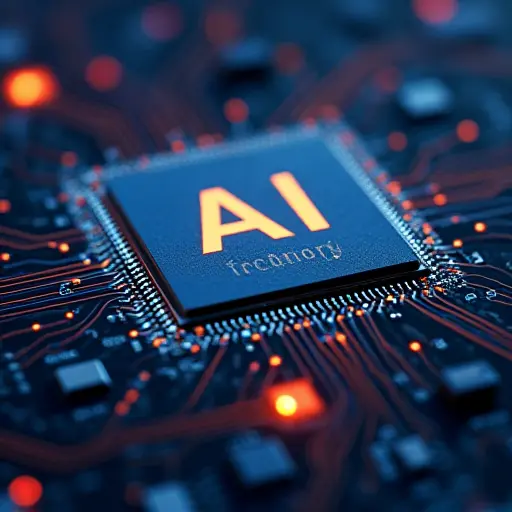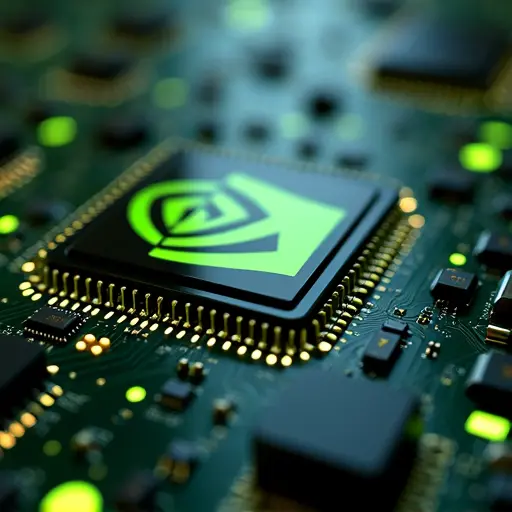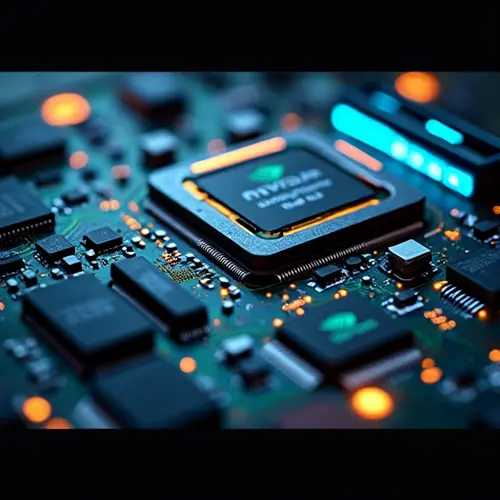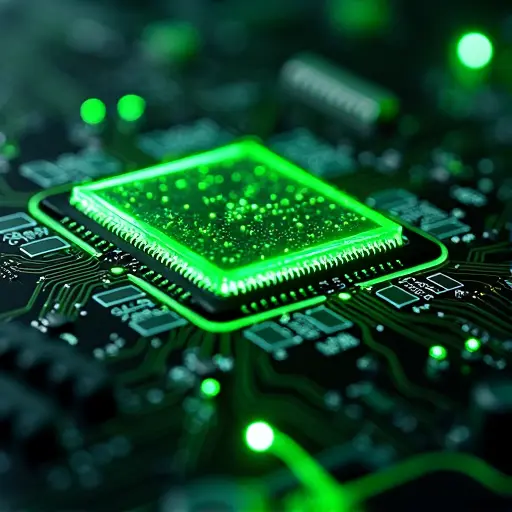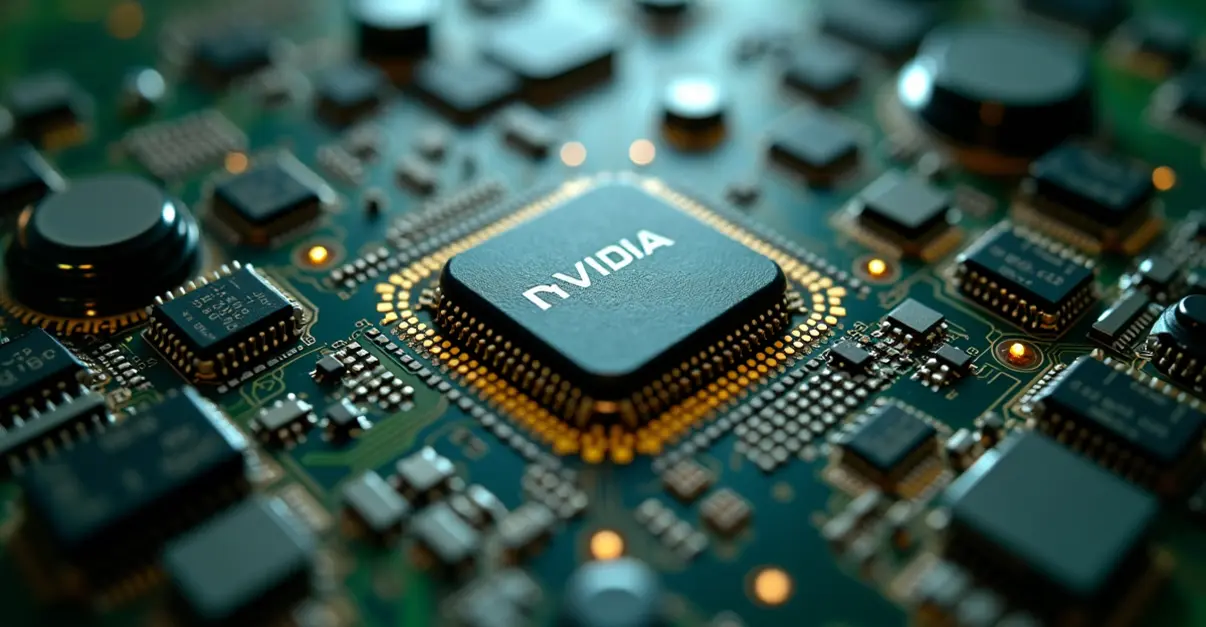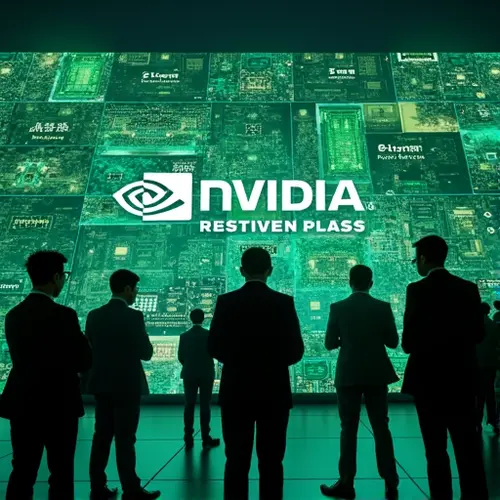
Nvidia Cleared to Sell Restricted H20 Chips to Chinese Market
The United States government has reversed its position on Nvidia's H20 artificial intelligence chips, permitting their export to China after months of restrictions. This decision follows intense lobbying efforts by Nvidia CEO Jensen Huang, including a high-profile meeting at Mar-a-Lago where the chipmaker pledged new US investments in AI infrastructure.
Export Ban Rollercoaster
The H20 chips were specifically engineered by Nvidia for the Chinese market after previous US export bans targeted more advanced models like the H100 and H800. In April 2025, the US Commerce Department extended restrictions to include the H20, citing national security concerns about China potentially using the technology for military AI applications. This marked the third consecutive export barrier imposed since September 2022.
Strategic Importance
These specialized chips are crucial for AI inference tasks - the process where trained AI models execute decisions. Chinese tech giants including ByteDance (TikTok's parent) and Tencent (WeChat owner) had stockpiled approximately $16 billion worth of H20 chips anticipating tighter restrictions. The reversal preserves Nvidia's access to a vital market that contributed significantly to its record $73 billion profit in 2024.
Geopolitical Implications
The policy shift comes amid escalating US-China trade tensions, with both nations imposing new tariffs. Critics like Congressman Raja Krishnamoorthi warn that delayed restrictions give China time to stockpile advanced chips. The decision follows staffing shortages at the Bureau of Industry and Security, which oversees export controls.
Market Impact and Future Outlook
Nvidia recently became the first company to reach a $4 trillion market valuation. The H20 chips will now undergo case-by-case approval through the US regulatory process before shipments resume. This development highlights the complex interplay between national security concerns, technological leadership, and global commerce in the AI era.

 Nederlands
Nederlands English
English Français
Français Deutsch
Deutsch Español
Español Português
Português



